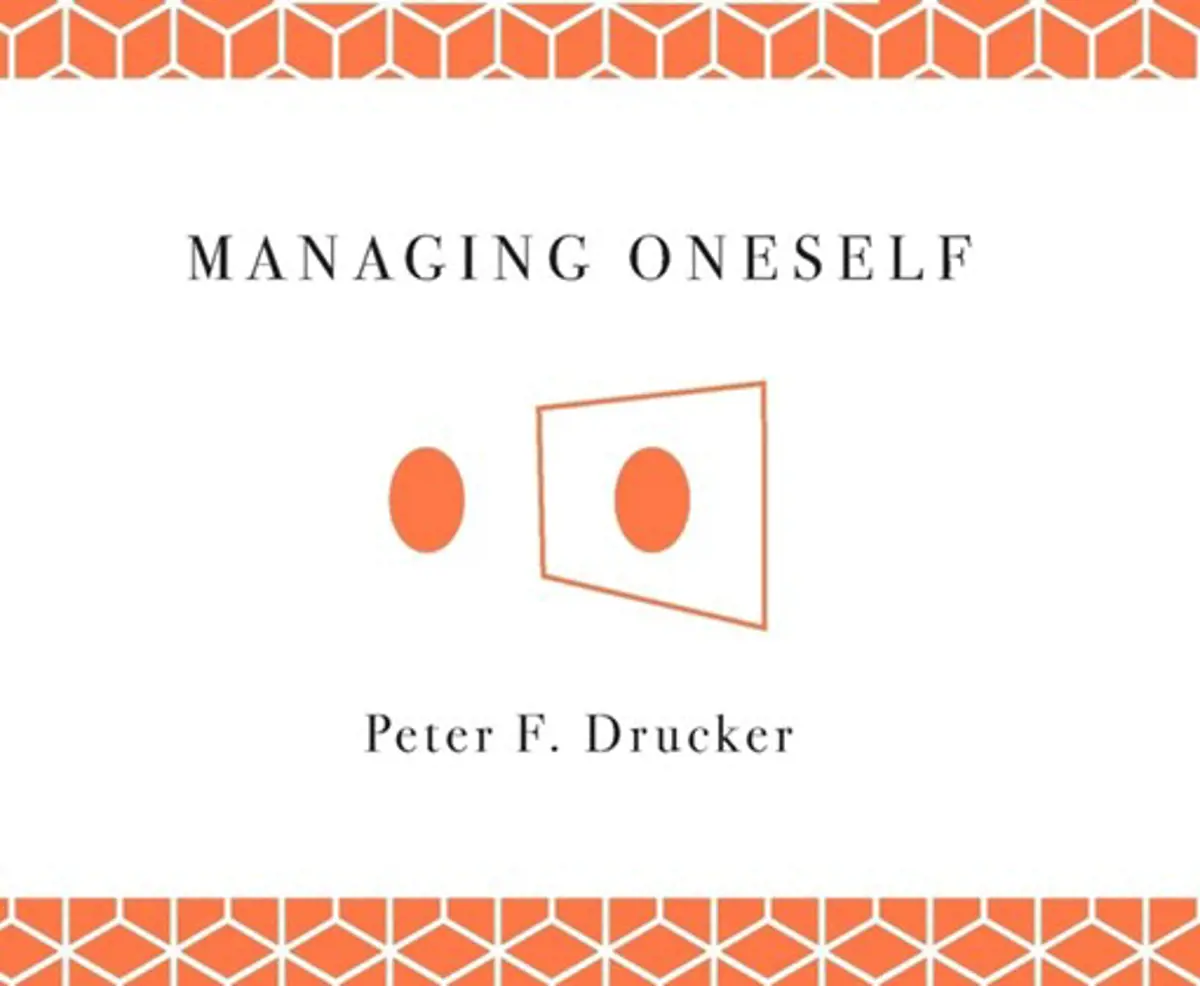
Enhancing Career Planning for First Responders - Lessons from Managing Oneself by Peter F. Drucker
Published by Respondr 5 min readEnhancing Career Planning with Self-Assessment
For first responders, career planning extends beyond mere job progression; it's about understanding oneself deeply to navigate effectively through the challenging landscapes of emergency services. Drawing on Peter F. Drucker's seminal work, "Managing Oneself," we uncover essential insights into the art of self-assessment—a critical tool for any first responder dedicated to personal and professional excellence. This article delves into three transformative lessons from Drucker’s teachings that empower first responders to reflect critically on their experiences, understand their inherent strengths and weaknesses, and align their career trajectories with their core competencies and values. Through structured self-assessment, first responders can not only identify the areas where they excel but also pinpoint opportunities for growth and development, ensuring their roles profoundly resonate with their skills and aspirations.
1. Know Your Strengths
Drucker emphasizes the importance of self-awareness through feedback analysis. This involves writing down key decisions and actions, and comparing expected outcomes to actual results. For first responders, this method can be adapted to assess responses to emergency situations, decisions made under pressure and even daily interactions with team members and the public.
➡️ Application in Career Planning:
First responders can maintain a personal journal or log of significant incidents and their roles in these events. Regularly reviewing this log provides insights into areas where they excel and where they need improvement. Understanding these patterns enables first responders to seek out further training or assignments that enhance their strengths and address their weaknesses, leading to more effective career development.
2. How Do You Perform?
Drucker’s notion that understanding how one performs is as crucial as knowing one’s strengths is particularly relevant in the context of first responders. He identifies two key factors: how a person learns and whether they are a reader or a listener. Identifying whether you learn better through direct experience, reading or listening can tailor how you acquire new skills and knowledge effectively.
➡️ Application in Career Planning:
Given the varied nature of their jobs, first responders must be adept at both learning on the job and through formal education. Those who understand their learning style can better choose specialized training or advanced education. For instance, a paramedic who is a visual learner might benefit more from hands-on simulation training rather than traditional lectures. Understanding and leveraging one’s preferred learning style ensures continual and effective professional development.
3. What Are Your Values?
A core theme in "Managing Oneself" is the alignment of personal values with work. Drucker argues that understanding what matters to you is critical. For first responders, whose jobs often involve ethical decisions and high emotional stakes, aligning their career with their values is not just important for job satisfaction but also for maintaining integrity and motivation.
➡️ Application in Career Planning:
First responders should evaluate the types of environments and organizational cultures where they thrive. Does their current role and its responsibilities align with their core values? If not, it may lead to dissatisfaction or burnout. Identifying these misalignments early allows for strategic career moves—perhaps toward roles that emphasize community interaction, mentorship or innovation in emergency response techniques.
💡Building a Resilient Career
For first responders, applying Drucker’s principles from "Managing Oneself" can pave the way for a resilient and fulfilling career. By understanding one’s strengths, learning preferences and values, first responders can not only navigate but also thrive in their challenging careers. They can align their professional paths with personal growth and satisfaction, ensuring that they not only survive but excel in their critical roles.
Career planning based on deep personal understanding is not just about climbing the career ladder. It’s about creating a path that is sustainable, impactful and aligned with one’s deepest convictions about what it means to serve and protect. By managing oneself effectively, first responders can ensure they are as prepared for their career journeys as they are for the emergencies they tackle every day.